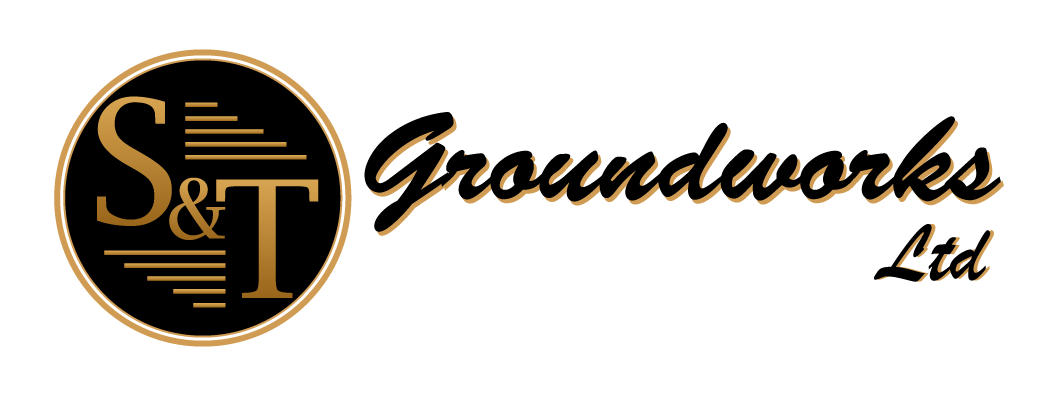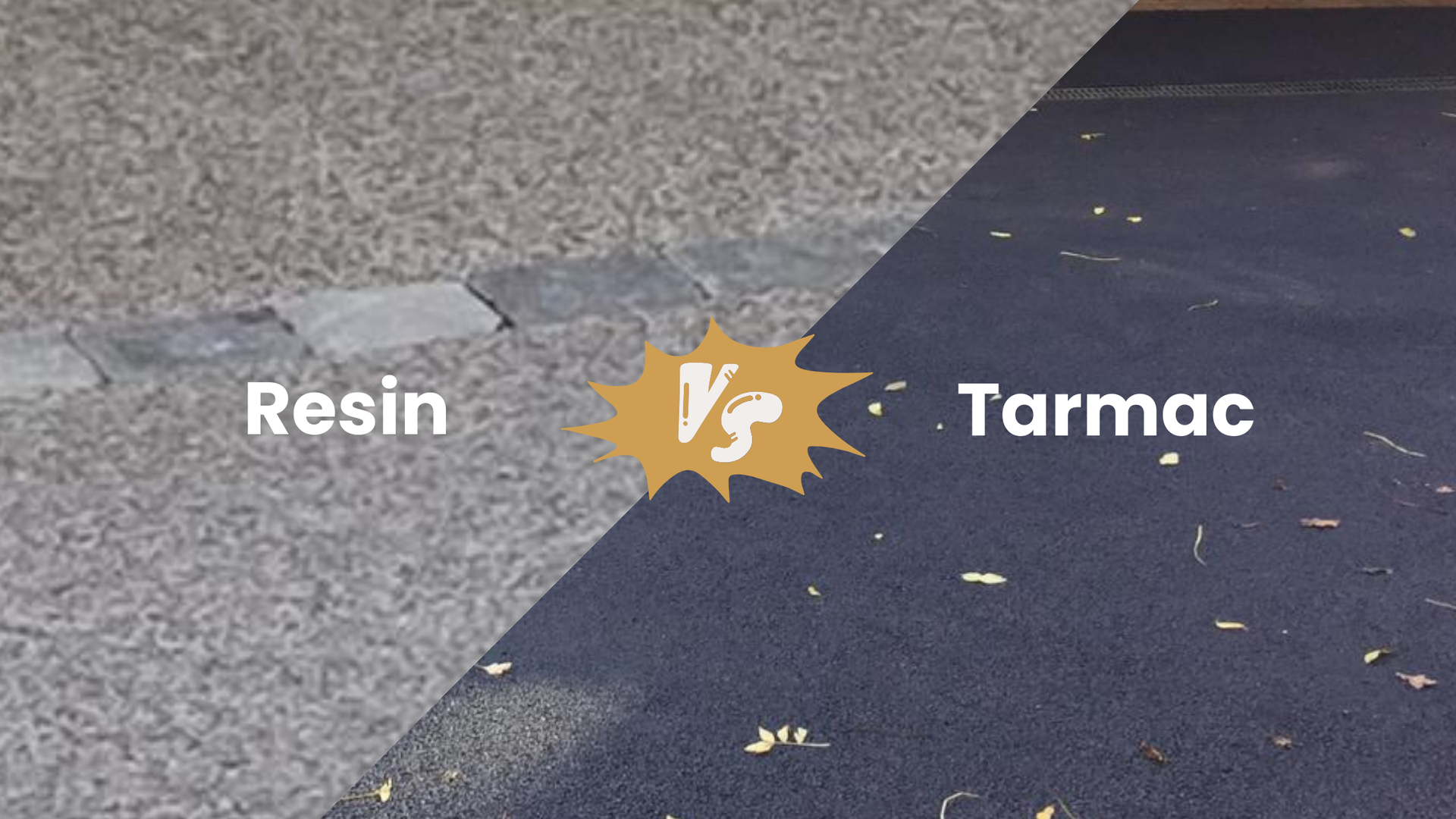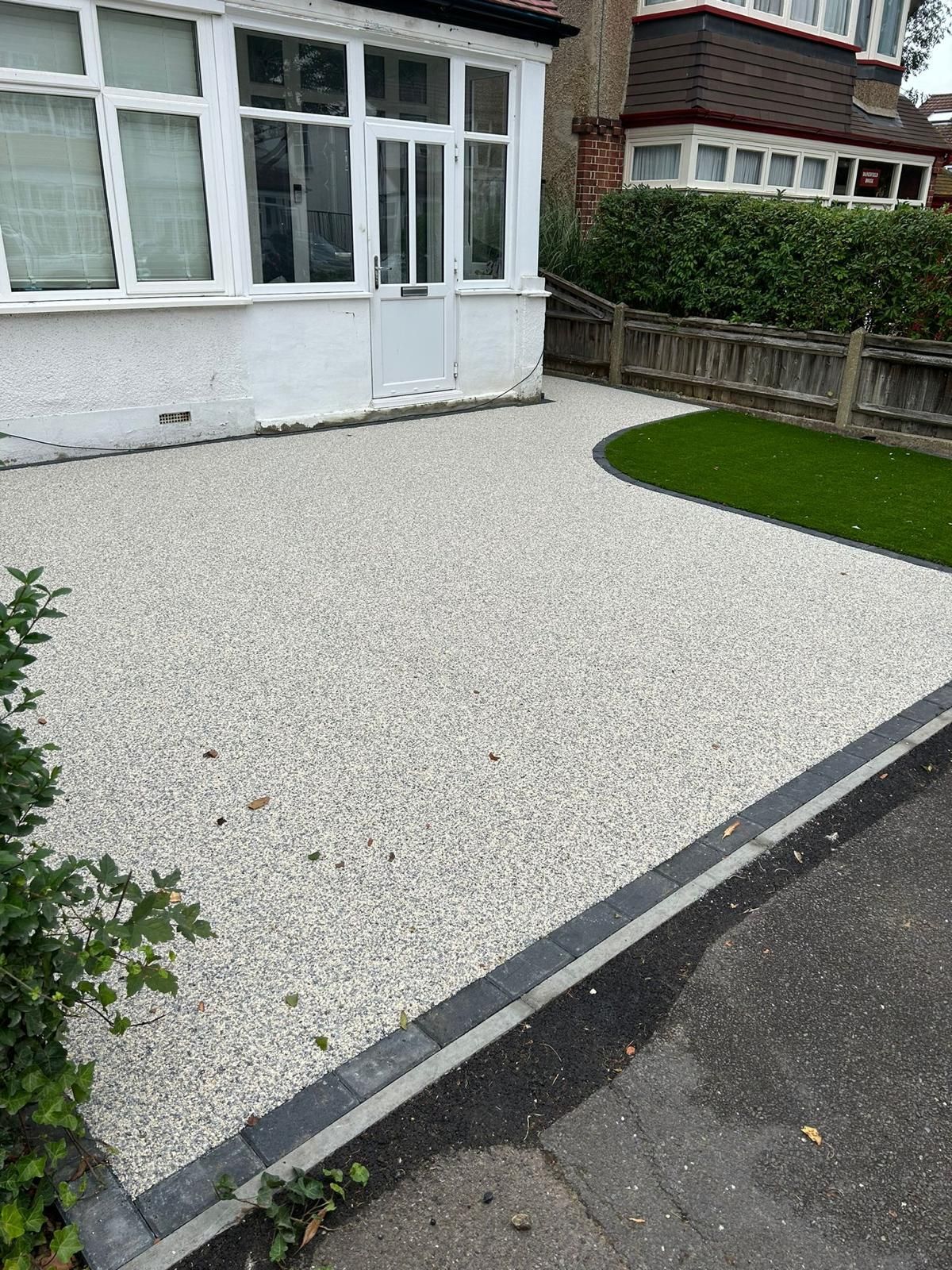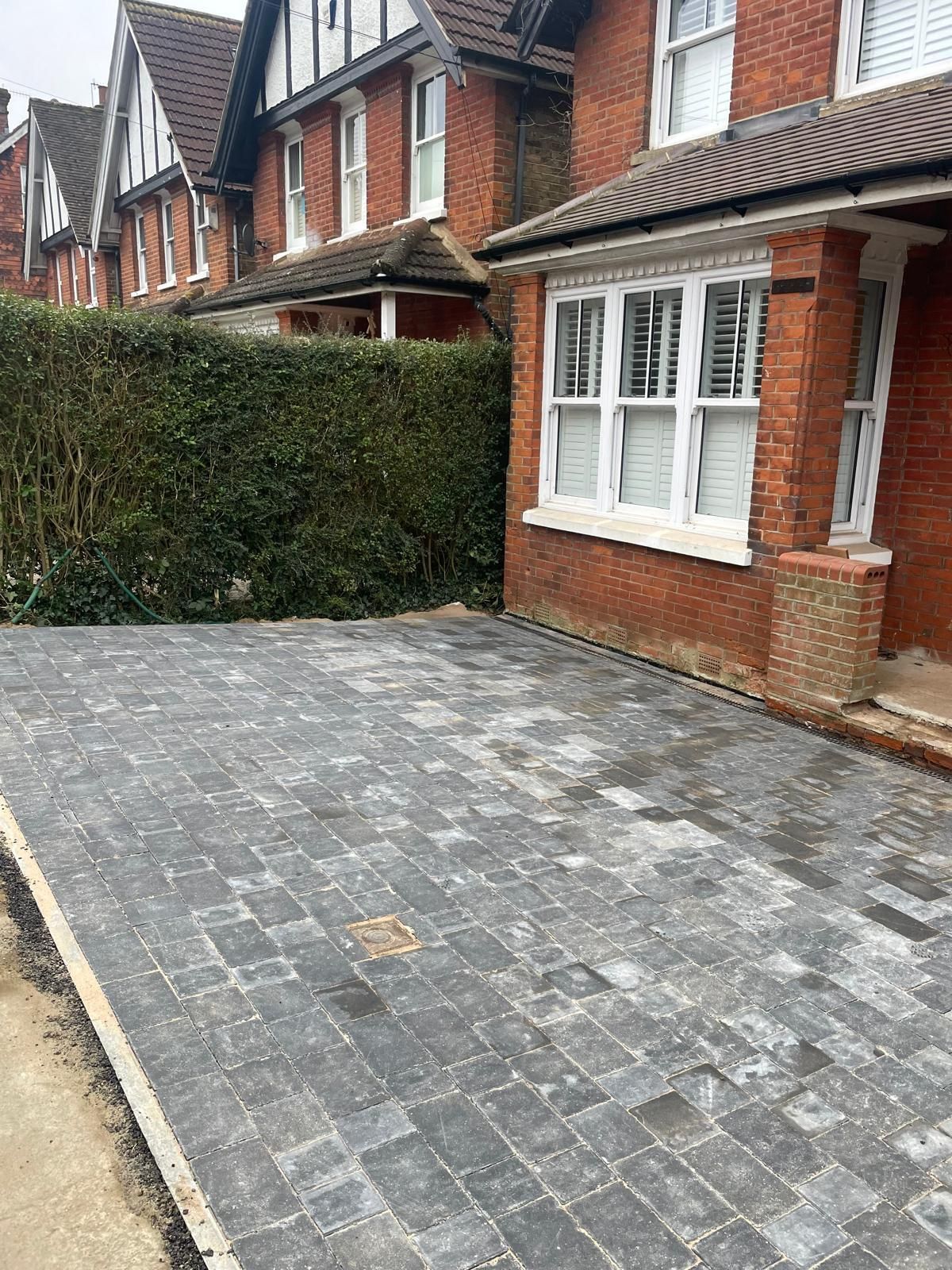We will beat ANY like for like quotation with fully guaranteed work! Contact us today for your free quote.
The Different Types of Driveway Materials: Which One is Right for You?
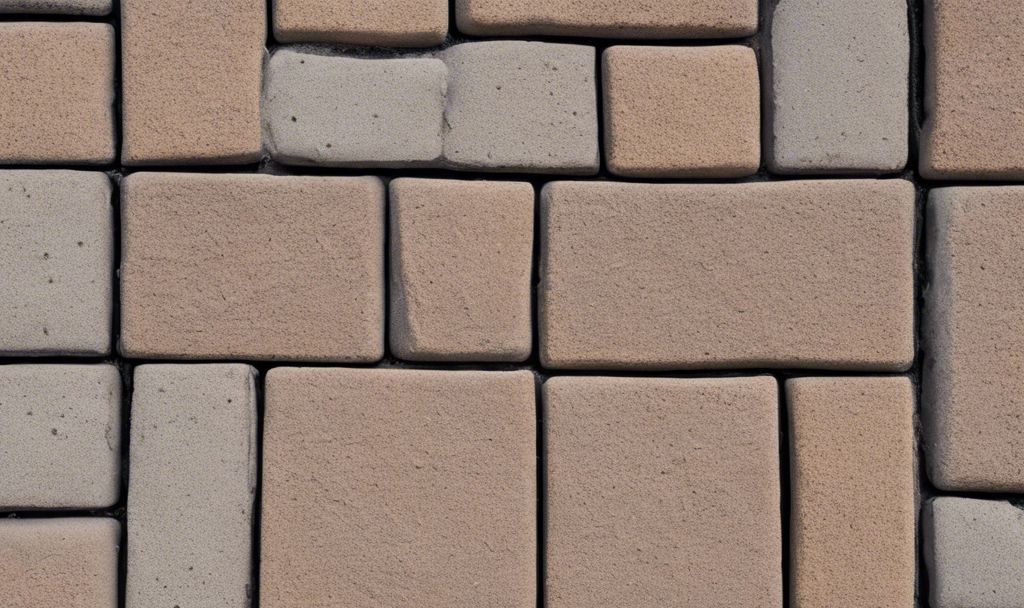
When it comes to upgrading your home’s exterior, choosing the right driveway material can make all the difference. Not only does it impact the look of your property, but the material you select will also determine durability, maintenance costs, and environmental impact. At S&T Groundworks, we’ve helped countless people transform their driveways across Redhill, Reigate, Tadworth, Dorking, and the broader Surrey area, and one of the most common questions we hear is: Which driveway material is best for me?
In this guide, we'll explore the different types of driveway materials available, examining their pros and cons so you can make an informed decision.
Tarmac Driveways: The Affordable, Flexible Option
Tarmac, often recognised by its sleek black finish, is one of the most common choices for UK homeowners. It's highly durable and can handle frequent use without showing wear and tear. For those on a budget, tarmac offers one of the most affordable options as it is quick and easy to lay.
Advantages of Tarmac:
- Affordable: Costeffective compared to other materials.
- Easy to install: Fast installations, ideal for those who need a driveway as soon as possible.
- Durable: Can handle heavy traffic and vehicles without cracking.
Disadvantages of Tarmac:
- Limited design options: It doesn’t offer the customisation or aesthetic appeal of highend materials such as block paving or resin.
- Surface heat: Tarmac can absorb heat and soften during hot weather.
Block Paving Driveways: Customisable and Stylish
One of the biggest selling points of block paving is its versatility. Available in a wide variety of shapes, colours, and textures, it gives homeowners the freedom to create unique designs and patterns. Block paving is known for its aesthetics, and with the help of S&T Groundworks, you can create a stunning driveway that truly complements your home.
Advantages of Block Paving:
- Customisable: Personalise your driveway with different patterns, colours, and styles.
- Repairable: Individual blocks can be replaced if one is damaged, making repairs much easier.
- Longlasting: Properly maintained, a block paving driveway could last for decades.
Disadvantages of Block Paving:
- Higher cost: Due to the materials and labour involved, block paving can be more expensive than other options.
- Weed growth: Without regular maintenance, weeds may grow between the blocks.
ResinBound Driveways: Modern and Environmentally Friendly
Resin-bound driveways are quickly gaining popularity due to their sleek look, permeability, and low-maintenance features. They’re made by mixing resin with aggregate and laying it onto your driveway, creating a smooth, durable surface. This option is ideal for properties that require drainage solutions, as resin-bound surfaces allow water to soak through rather than pooling on top.
Advantages of Resin:
- Low maintenance: Requires minimal upkeep compared to other materials.
- Slip resistance: The textured surface provides excellent grip in wet conditions.
- Permeable: Helps prevent flooding by allowing water to drain through the surface.
- Aesthetically pleasing: Available in a variety of colours and textures, it gives a contemporary finish to any home.
Disadvantages of Resin:
- Higher upfront cost: While durable and beautiful, resin driveways tend to have higher installation costs than tarmac or gravel.
- Requires professional installation: To ensure durability and prevent damage, resin driveways should be professionally installed.
Gravel Driveways: Classic and budget-friendly
Gravel driveways remain a popular choice in rural areas and older properties. With their rustic appearance and cost-effective installation, they’re a straightforward option for those looking to enhance their driveways without breaking the bank.
Advantages of Gravel:
- Affordable: Offers one of the most inexpensive solutions for driveways.
- Quick to install: Gravel driveways can usually be laid in just a few days, depending on the size.
- Good drainage: Gravel allows water to naturally filter through, reducing runoff.
Disadvantages of Gravel:
- Maintenance: Gravel may need to be replenished regularly, as stones can shift or be displaced.
- Unsuitable for slopes: On sloping driveways, gravel can be challenging to maintain as it may shift downward over time.
Conclusion: Which Material is Best for Your Driveway?
When choosing the right driveway material, it ultimately comes down to your budget, style preferences, and maintenance expectations. For those seeking an affordable, durable option, tarmac may be ideal. If you desire a more aesthetic option and are willing to invest in a long-lasting product, block paving or resin could be the perfect fit. Meanwhile, if you want practicality combined with a budget-friendly solution, gravel can’t be beaten.
No matter the type of material you opt for, S&T Groundworks is here to help design and install the perfect driveway for your home. Get in touch with us to find out which driveway material suits your needs best.
Get A Free No-obligation Quote
The Leading Experts for Driveways, Paving, and Landscaping
Create the driveway or patio of your dreams with S&T Groundworks. Get a free quote today and let our expert team craft a beautiful, durable outdoor space. We offer a wide range of options, including resin, tarmac, and block paving.
Secure your free quote now and let S&T Groundworks build you a driveway or patio you’ll love for years.
Business Hours
Mon - Fri 8:00 am - 6:00 pm
Saturday 9:00 am - 4:00 pm
Sunday Closed
Links
Locations Covered by S&T
© Copyright 2024 | All Rights Reserved | Privacy Policy | Terms of Use | S&T Groundworks | Website built by Winston Web Co
